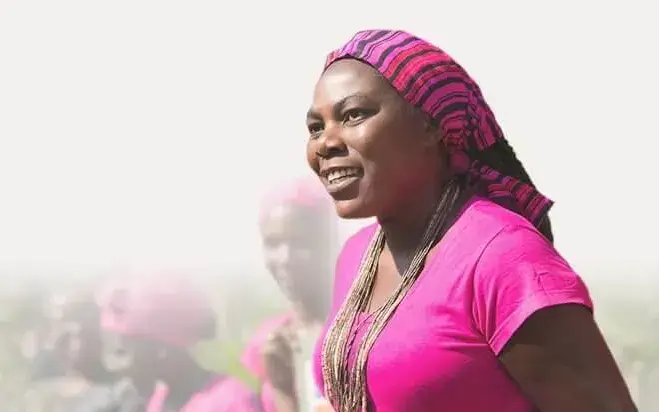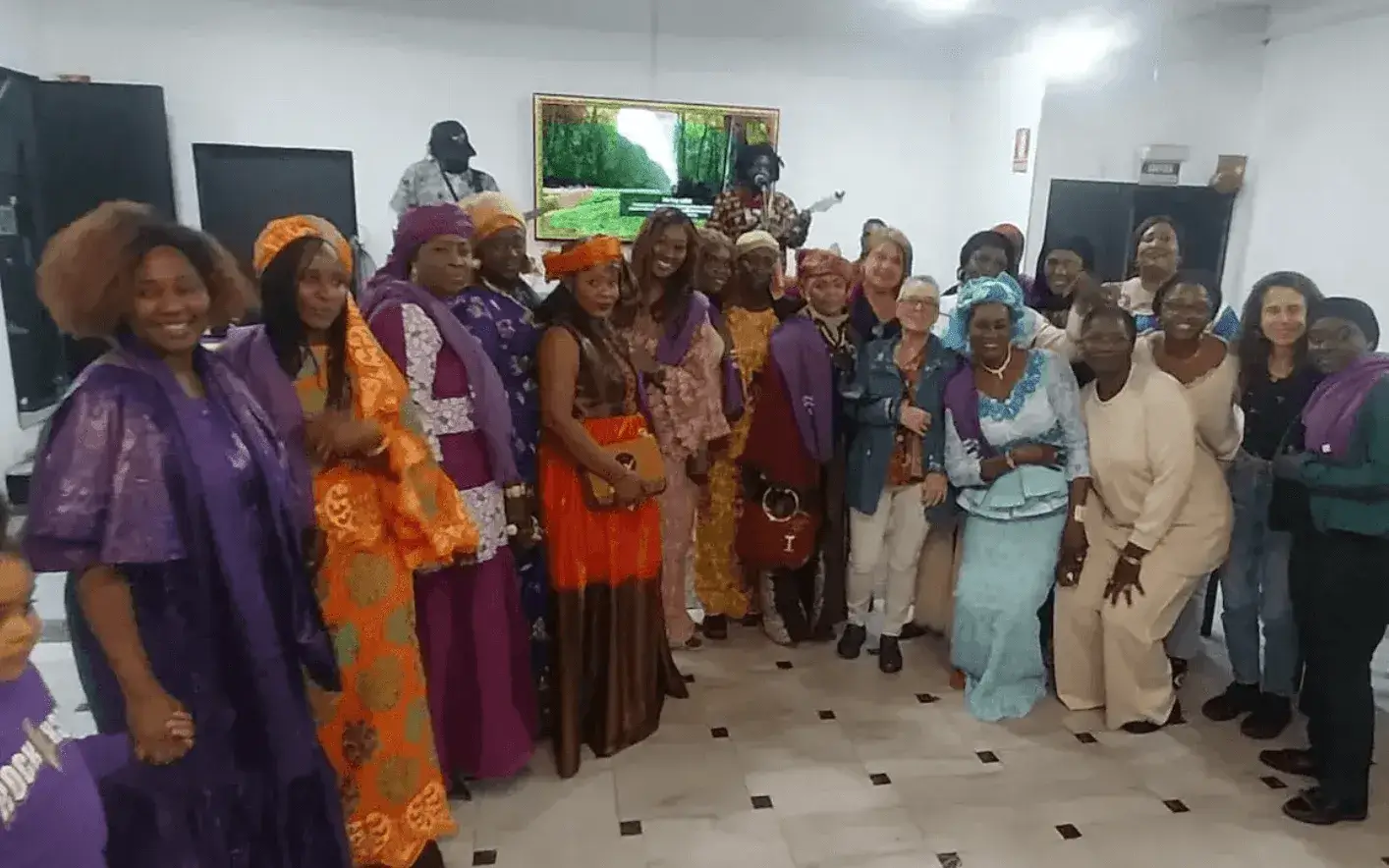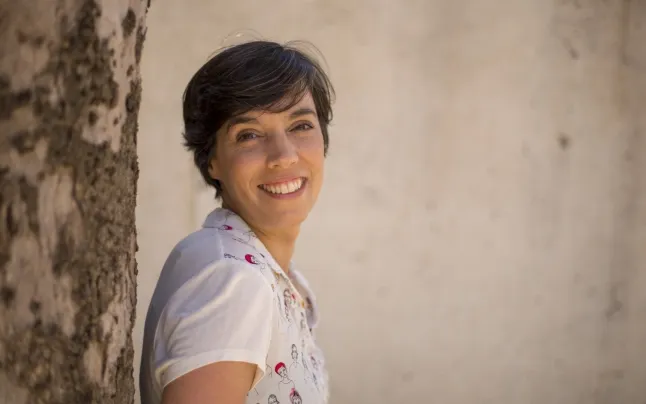
In this interview, Dr. Mónica Pina, specialist in Internal and Breastfeeding Medicine, explains her work as President of the European Academy of Breastfeeding Medicine (EABM)—an organization that promotes, supports, and protects breastfeeding from a medical perspective.
Could you tell us a bit about your background and your current role in supporting breastfeeding?
The European Association of Breastfeeding Medicine was founded starting from the Academy of Breastfeeding Medicine as an organization that promotes, supports and protects breastfeeding from a medical perspective.
So, we aim to contribute to the creation of a medical environment that is breastfeeding friendly, create a network for physicians that practice breastfeeding medicine and intervene in the political and civil society in all matters pertaining breastfeeding, and specifically breastfeeding medicine.
Why do you believe breastfeeding is not just a personal decision but a public health issue that deserves collective support?
There is a good amount of research (and breastfeeding is not as researched as other subjects) showing the impact of breastfeeding in various public health determinants. So, when less children get sick, when mothers have a better health, when there is this choice that has a positive impact in the environmental health, there are no doubts this is a public health issue.
But this doesn’t mean that women should be forced to breastfeed. That would be terrible. Women should have the opportunity to make their personal choice, as long as there is support, protection and promotion of breastfeeding in the whole Society. Research shows that the vast majority of women wants to breastfeed. So a society that creates the possibility of that happening should be our objective, as citizens and as doctors.
In your experience, what are the biggest barriersmothers face when it comes to breastfeeding, and how can communities help overcome them?
There are various types of barriers. Sometimes conflicting advice given right at the beginning, in the Hospital, other times family fear that the milk is not “good enough”. Myths about breastfeeding like the fact a woman can’t breastfeed because she needs a medication, for example.
Besides all the other goals, the EABM, as an association, has a very important role in promoting education of physicians, that impacts all levels of health care of a mother and child.
Lately the influence of digital marketing has had a big impact, so much so that the WHO just approved a new resolution about that subject. Also, the barriers related to work, maternity leave, job precarity, money insecurity. Empowering mothers about their power to breastfeed is one of the things communities can do. Other actions like promoting facts about breastfeeding, a healthy scepticism towards digital information and advising mothers and families about their rights in each country can also help. Lobbying politicians for laws and rules that promote, protect and support breastfeeding is essential too.
What role do healthcare professionals play in shapingattitudes and practices around breastfeeding, especially in the early postnatal period?
Doctors are health advisers and trusted references in most cultures. So, we have a responsibility to give correct and helpful advice about breastfeeding practices.
We know how important a consistent message of encouragement helps to have a good start in the postnatal period.
That’s why we defend that all doctors should know the basics about breastfeeding.
Could you share an example of a successfulcommunity-based initiative or campaign that had a real impact on breastfeeding rates or support?
The 1st 10 steps of the Baby Friendly Hospital Iniciative included mother-to-mother support groups. When those are lead by mothers with some training in breastfeeding support, research shows they can increase breastfeeding duration and empower breastfeeding mothers. This is a good example of an intervention that worked.
Another example of a community based initiative that has impact, gatherings of breastfeeding mothers, that happen in various countries all over the world, help normalize breastfeeding, providing a sense of community to the mothers and families.
Civil society organizations often help fill the gaps leftby healthcare systems. How have you seen themsupport breastfeeding efforts on the ground?
There are many ways in which Civil Society Organizations helped so far. Each country had some, but I will make reference to 2 different international organizations:
La Leche League, which started from the realization of some breastfeeding mothers that support had been essential in their breastfeeding journey, and started the association to provide this help to other women.
IBFAN, that reminds us all that the Code of Ethics of the Commercialization of Breastmilk Substitutes is very far from being acted upon, even though it was signed by many countries, and that healthcare workers are many times unaware of that marketing.
The theme of this year’s World Breastfeeding Weekfocuses on building a warm chain of support. Whatdoes that phrase mean to you?
It needs a village to support a breastfeeding family… if we all do our little bit of protection of the dyads and families around us, be it the shopkeeper, the hairdesser, the policeman, the neighbour, the grandmother, or, definitely anyone working in a Hospital or Health Center, if we have a consistent attitude and language, our breatsfeeding rates will soar, our population will be healthier now and in the future, and we will all benefit from it!
How can we ensure breastfeeding support is inclusive and culturally sensitive, especially in diverse orunderserved communities?
We must make access to health services and education independent of wealth. And the best way is not to segregate poor and rich in different settings.
If we look at a dyad as people, humans with the right to self-determination, if we treat them with respect and kindness, there is no reason why ethnicity, religion, gender or any other variable should interfere with how they are treated.
What role do policies and advocacy play in creating a more supportive environment for breastfeedingglobally?
The only way to enforce the correct management of breastfeeding, the promotions, protection and support needed, is to have science-based policies and advocate with the people that have the resoonsibility to make decisions, like politicians. We must explain to them how breastfeeding is important, saves money, makes families more happy, so addressing it in their decisions is essencial, and good for everyone in the short and long run.
What message would you like to send to healthcareproviders, families, and policymakers about their role in protecting and promoting breastfeeding?
Because breastfeeding is physiologic doesn’t mean it doesn’t need protection. Many times what is physiologic is undervalued.
We all can contribute to improve breastfeeding rates, to make the decision and the journey easier for each dyad and family. We are all part of one or more layers of breastfeeding protection!






Add new comment